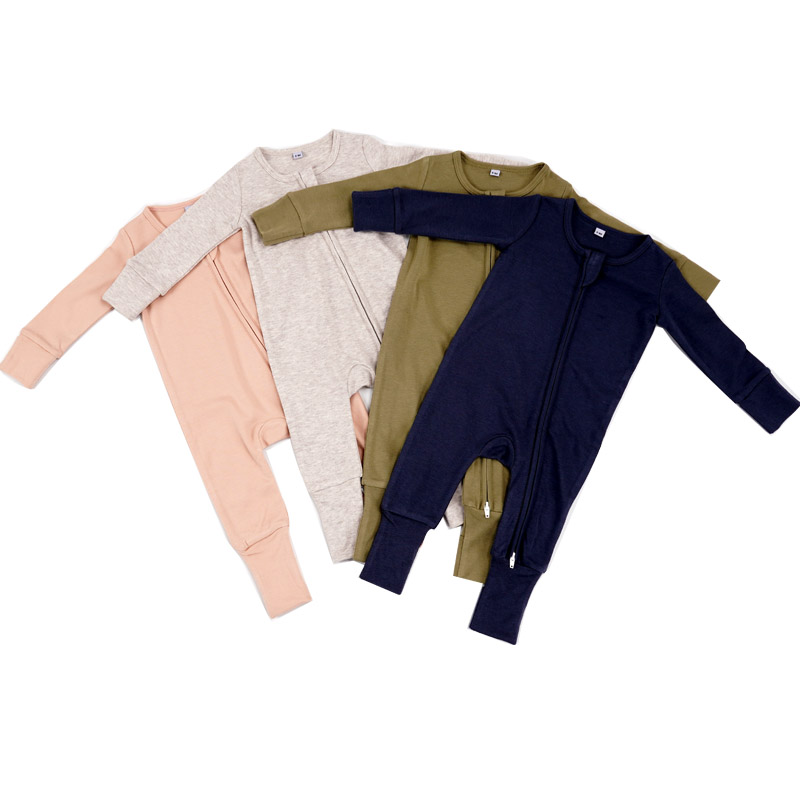
In the dynamic world of baby clothing start-ups, a critical decision looms large for newcomers: Should one opt for wholesale purchasing or delve into the realm of custom designs?
This pivotal choice can significantly impact the trajectory of a fledgling business, dictating its financial viability, brand identity, and overall success.
In this comprehensive analysis, we delve into the advantages and disadvantages of both approaches, considering various dimensions including financial considerations, business operations, and market positioning to guide aspiring entrepreneurs toward the most suitable path.
Wholesale Purchasing: The Pros and Cons

Advantages
Cost Efficiency:
Wholesale purchasing offers significant cost savings due to economies of scale. By buying in bulk, start-ups can negotiate lower prices per unit, thereby reducing their overall production costs.
This cost efficiency is particularly advantageous for businesses operating on tight budgets, allowing them to allocate resources to other critical areas such as marketing and expansion.
Time Savings:
Opting for wholesale products means immediate availability of inventory, eliminating the lead time associated with custom production.
This rapid access to merchandise enables start-ups to quickly stock their stores and respond promptly to market demand, thus gaining a competitive edge in the fast-paced retail landscape.
Diverse Product Range:
Wholesale suppliers typically offer a wide array of designs, sizes, and styles, providing start-ups with ample choices to cater to diverse customer preferences.
This versatility enables businesses to curate a comprehensive product line, appealing to a broader customer base and enhancing sales potential.
Disadvantages
Lack of Brand Differentiation:
One of the primary drawbacks of wholesale purchasing is the limited scope for brand differentiation. Since products are sourced from external suppliers, start-ups may struggle to establish a distinct brand identity, potentially facing stiff competition from other retailers offering similar items.
This homogeneity could undermine efforts to build brand loyalty and dilute market positioning.
Quality Control Issues:
While wholesalers strive to maintain product quality, inconsistencies may arise across batches, leading to variations in material, craftsmanship, or sizing.
For start-ups committed to delivering superior quality and customer satisfaction, these discrepancies can pose a significant challenge, risking negative reviews and eroding brand reputation.
Inventory Management Complexity:
Managing inventory levels and forecasting demand can pose logistical challenges for start-ups reliant on wholesale purchasing.
Balancing stock levels to prevent overstocking or stockouts requires careful planning and analysis, necessitating investment in inventory management systems or personnel expertise.
Custom Design: The Pros and Cons

Advantages
Brand Authenticity:
Custom design empowers start-ups to cultivate a unique brand identity and differentiate themselves in the market.
By creating bespoke garments tailored to their target audience’s preferences, entrepreneurs can foster a sense of authenticity and exclusivity, enticing customers seeking individuality and personalization.
Creative Control:
Embarking on the custom design route affords start-ups unparalleled creative control over their product offerings.
From selecting fabrics and colors to designing patterns and embellishments, entrepreneurs can unleash their creativity and translate their artistic vision into tangible creations, setting their brand apart from competitors.
Enhanced Margins:
While custom production may entail higher upfront costs compared to wholesale purchasing, it offers the potential for higher profit margins in the long run.
By establishing a premium brand identity and commanding higher prices for bespoke products, start-ups can offset initial expenses and achieve sustainable profitability.
Disadvantages
Production Lead Times:
Custom manufacturing entails longer lead times compared to wholesale purchasing, as each product is made to order according to specific design specifications.
This extended production timeline can impede start-ups’ ability to respond swiftly to shifting market trends or consumer preferences, potentially resulting in missed opportunities or inventory bottlenecks.
Financial Constraints:
Launching a custom design venture requires substantial upfront investment in design, prototyping, and manufacturing equipment.
For cash-strapped start-ups, securing adequate funding to finance these initial expenses can pose a significant barrier, necessitating strategic financial planning and potentially delaying market entry.
Production Complexity:
Managing the intricacies of custom production, including sourcing raw materials, coordinating with manufacturers, and ensuring quality control, demands meticulous attention to detail and effective project management.
Start-ups must navigate this complexity adeptly to deliver on time and uphold their brand reputation.
Conclusion
In conclusion, the decision between wholesale purchasing and custom design hinges on various factors, including financial resources, brand vision, and operational capabilities.
While wholesale purchasing offers cost efficiency and convenience, custom design empowers start-ups to differentiate themselves and build a distinct brand identity. Ultimately, the most suitable approach depends on the unique goals and circumstances of each business.
By carefully weighing the pros and cons outlined above and conducting thorough market research, aspiring entrepreneurs can make informed decisions that pave the way for sustainable growth and success in the competitive landscape of baby clothing start-ups.